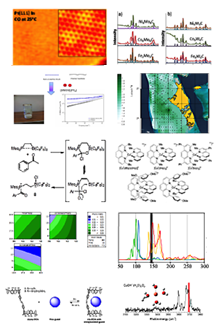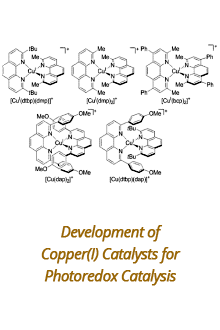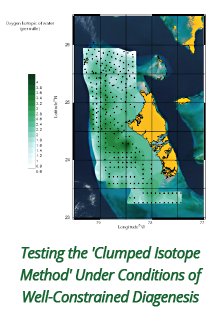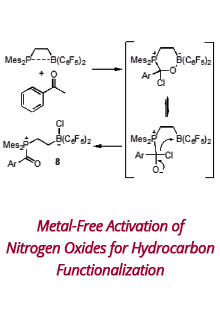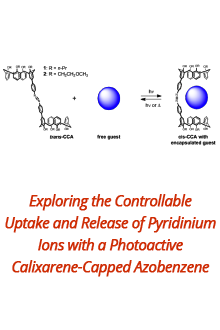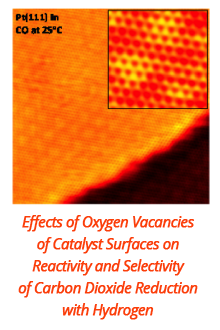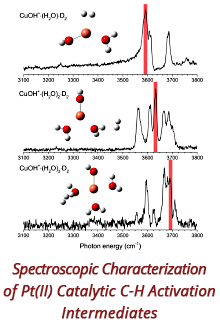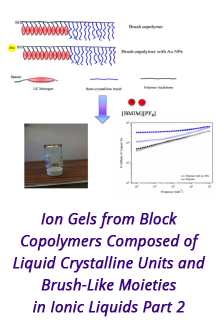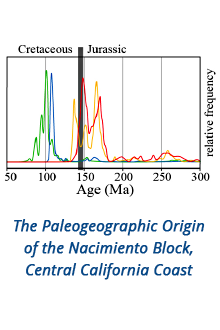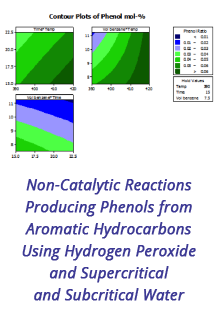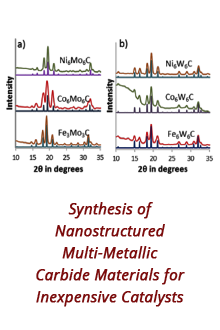Innovate & Inspire Be inspired by these ACS PRF-supported scientists' stories
Dr. Jennifer P. Schomaker

Department of Chemistry
University of Wisconsin-Madison
Grant #53146-ND1
New Approaches to Alkene Functionalization via Dehydrogenative Metallation Catalyzed by First-Row Transition Metals
Dr. Jennifer Schomaker is a synthetic organic chemist whose research project addressing the development of new approaches to alkene functionalization catalyzed by first-row transition metals has been supported by a PRF New Directions (ND) Grant. Dr. Schomaker, an assistant professor at the University of Wisconsin-Madison, and her group are interested in methodology development, catalysis and the synthesis of complex molecules. Her PRF-ND award focused on “developing new catalysts to convert simple hydrocarbons from petroleum feedstocks into more complex building blocks for the synthesis of pharmaceuticals, agrochemicals and materials. Read the full story...
Dr. Ruigang Wang
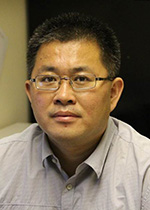
Department of Chemistry
Youngstown State University
Grant #52323-UNI10
Morphology-Controllable Synthesis and Characterization of Low-Temperature Active Rare-Earth Oxide Nanocatalysts
Dr. Ruigang Wang studies the structure and property relations of rare-earth oxide minerals. His ACS PRF Undergraduate New Investigator grant is to determine the atomic-level structure and chemistry of these materials, using scanning and transmission electron microscopy, energy-dispersive X-ray spectroscopy, and electron energy loss spectroscopy of rare-earth oxides. His research interest is to understand how the shapes of these materials may affect their catalytic properties, with particular interest in how cerium oxide (CeO2) minerals catalyze the conversion of carbon monoxide (CO) to carbon dioxide (CO2). Read the full story...
Dr. Michael Sandy
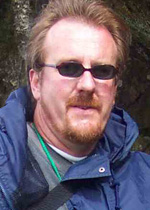
Department of Geology
University of Dayton
Grant #51198-UR8
Brachiopod Shell Beds as Indicators of Ancient Hydrocarbon Seeps: Assessing their Geological, Paleoecological, Evolutionary and Biostratigraphical Significance
Dr. Michael Sandy studies fossilized bivalved organisms (brachiopods), which were abundant in seas and oceans of the Mesozoic Era (248 to 65 million years ago). Individual brachiopod genera help to separate different sedimentary deposits, as these animals had distinctive environmental preferences. For example, deep-water ancient hydrocarbon seep deposits would contain different brachiopod genera than those found in shallow-water sedimentary rocks. According to Dr. Sandy, "I first became interested in geology when my brother and father collected fossils from a cliff along the coast of Dorset, England. Read the full story...
Dr. Jodie Lutkenhaus
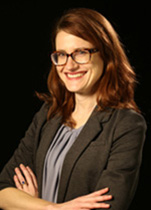
Chemical Engineering
Texas A&M University
Grant #51049-DNI7
Curvature-Directed Crystallization of Polymer Dielectrics
Many of us can recall the experience of walking freely and unfettered in an outdoor environment just prior to entering a crowded, confined room. The resultant crowding puts severe restrictions on movement and generally changes the posture and behavior that is possible. This is how Dr. Jodie Lutkenhaus at Texas A&M University describes her research on polymers in confined spaces. Polymers, which are high molecular weight organic chemical compounds, typically possess dimensions on the same length scale as nanoscale particles and pores. When placed into a pore with nanoscale dimensions, a polymer molecule can become confined or restricted in its dynamics and configuration as compared to a polymer molecule in the bulk or solution phase. Read the full story...

